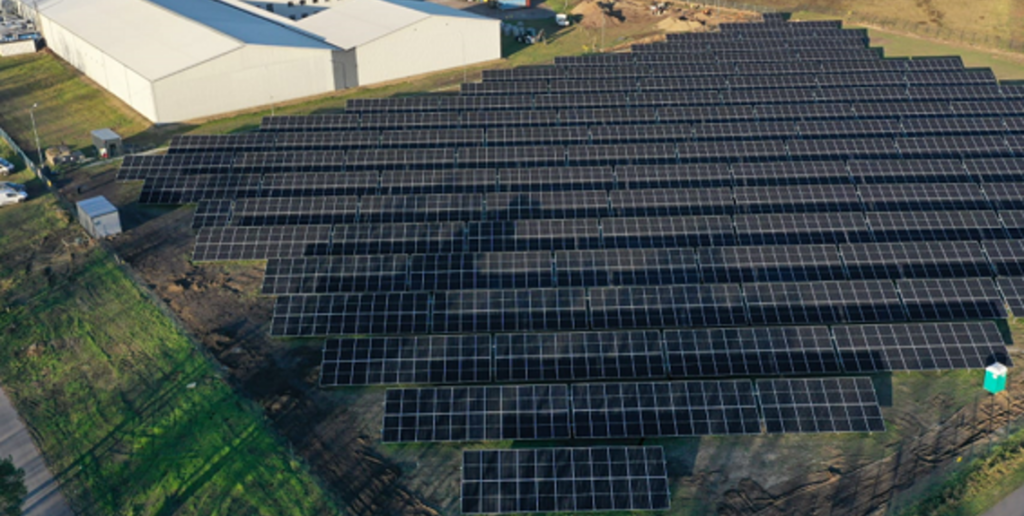Arla Foods Opens New Solar Power Plant In Poland
Arla Foods has announced the opening of a new solar power plant in Poland that is expected to produce 1,620 MWh of energy per year.

The Danish-Swedish multinational cooperative says this will allow it to secure business continuity in an area with frequent power cuts while creating a renewable energy source in an energy grid with an otherwise high carbon factor.
The new solar power plant will meet about 85% of the site’s total energy requirements and will have the ability to store an additional 2.6 MWh in a battery.
Arla Foods says the investment will also be able to partly power the site at night.
Power cuts and dropouts have been reoccurring obstacles for the 98 employees working at Arla Foods’ repackaging site in Poland.
Already a challenge to business continuity, Arla Foods noted that the war in Ukraine and subsequent shortage in energy supply have only highlighted the need for a better and more sustainable solution.
The company added that even if there was a way to secure a more stable supply of electricity from the Polish energy grid, the wattage running through the power cables wouldn’t have a positive impact on carbon emissions.
The Polish energy grid relies on coal and with 1.02 tonnes CO2e per MW produced, the carbon factor is significantly higher than other European markets Arla Foods has operations in.
By installing its own solar power plant, Arla claims it is able to reduce emissions by 1,645 tonnes per year.
Related news
Value-added milk is revolutionizing the industry – a new consumer mindset in Poland and Eastern Europe
🎧 Hallgasd a cikket: Lejátszás Szünet Folytatás Leállítás Nyelv: Auto…
Read more >Related news
The Hungarian Food Book is 50 years old
🎧 Hallgasd a cikket: Lejátszás Szünet Folytatás Leállítás Nyelv: Auto…
Read more >








